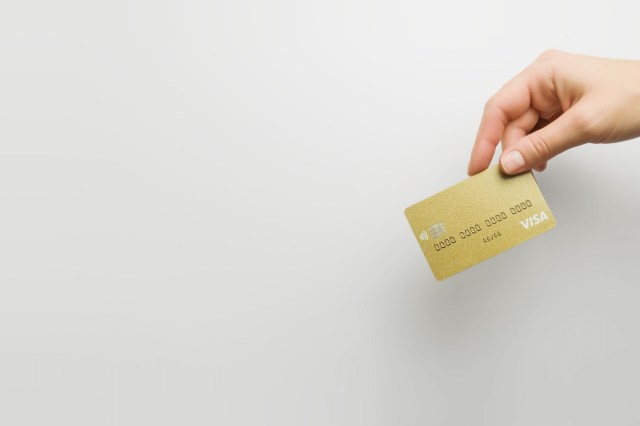Credit cards are now a necessary instrument for handling personal money in the modern society. They provide ease, protection, and credit history building capability. Still, not every credit card is made equally. Credit cards come mostly in two varieties: secured and unsecured. Knowing the variations between these two kinds will enable you to choose a credit card that fits your requirements with informed knowledge.

More often used by consumers with established or good credit scores, unsecured credit cards do not call for collateral. These kind of cards rely just on a person's pledge to pay back borrowed money depending on their income and past financial performance. Since unsecured cards include no initial cash deposit, they usually have more spending limitations than secured ones. They also frequently provide several incentive programs including travel rewards or money. Usually, though, these benefits include higher interest rates, annual fees, and more rigorous qualifying standards.
The collateral requirement sets secured from unsecured credit cards apart most from each other. Unsecured cards lack a cash deposit as collateral; secured cards do. Several facets of the credit card—including eligibility criteria, credit limits, interest rates, fees, and rewards—are impacted by this variation. Still another important distinction is how each kind of card affects your credit score. Since secured cards are meant for people with weak or damaged credit histories, they often have more forgiving credit score policies. Using a secured card sensibly and paying on time will help you progressively raise your credit score over time. Conversely, unsecured cards are usually reserved for those with stronger credit scores who can show their capacity for responsible financial handling. By demonstrating to lenders that you can handle credit without depending on collateral, prudent use of an unsecured card can also assist raise your credit score.
Your own financial status and objectives will determine whether you choose a secured or unsecured card. A secured card is a great choice if you have bad or no credit history and must increase or improve your credit score. It lowers issuer risk and lets you begin building good payment history. An unsecured card could be more fit for your situation if you currently have a decent credit score and are seeking for additional spending limits and rewards programs. Keep in mind, too, that credit cards may feature higher interest rates and penalties that, if improperly handled, could affect your budget. Whichever kind of card you decide upon, you must use it sensibly by making regular payments and keeping balances low. By eliminating unneeded debt, this will assist either preserve or raise your credit score. In essence, choosing which kind of card best fits you depends on knowing the variations between secured and unsecured credit cards. While unsecured cards have larger spending limits and rewards programs, secured cards offer accessibility and credit-building possibilities. Review your financial status, weigh your objectives, and select the card best for your needs and capacity for responsible credit management. This work was produced using a huge language model; some of the selected material has been checked and corrected for readability.